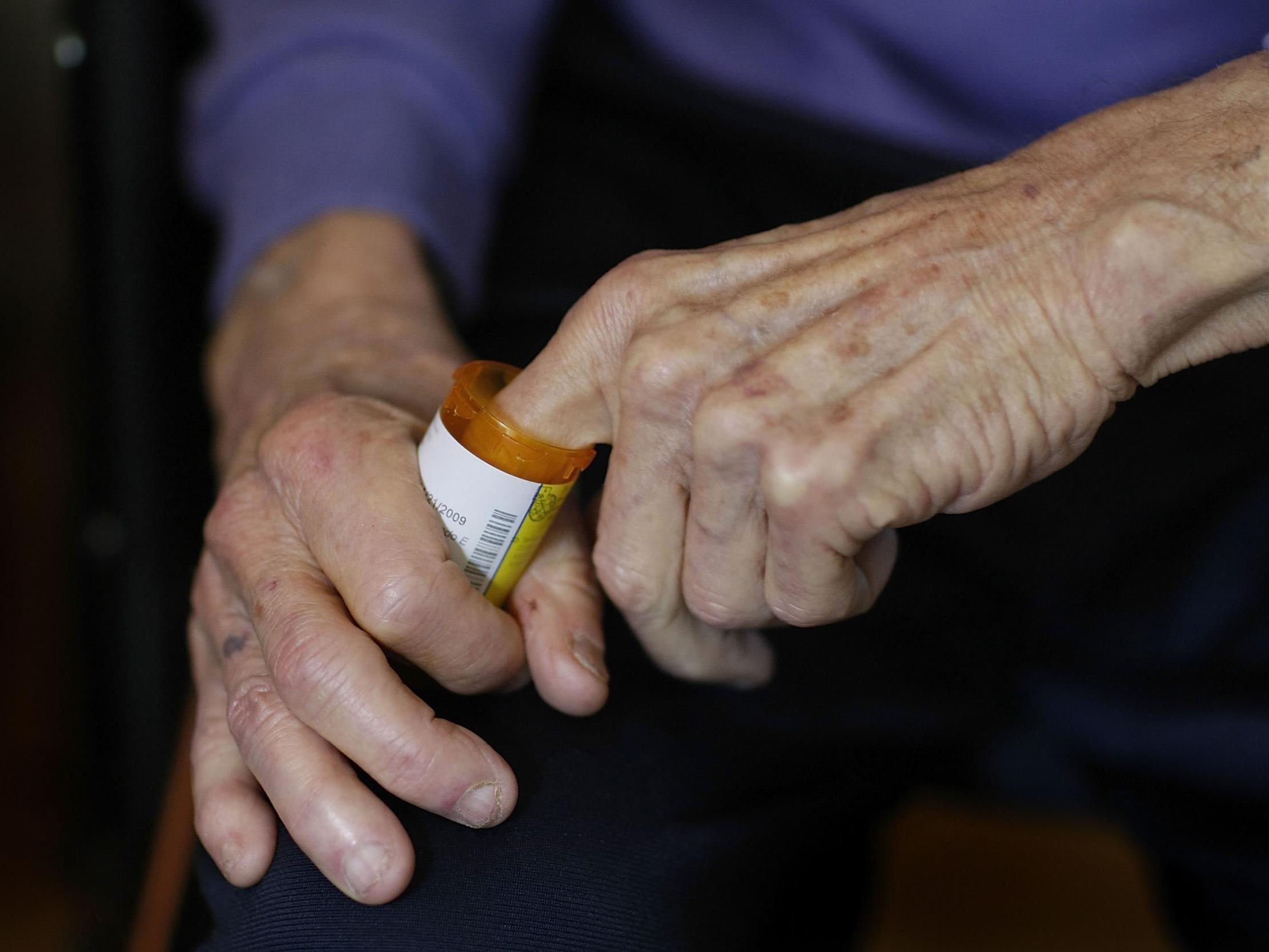Big pharma poured £57m into UK patient charities which could influence NHS drug decision makers, report finds
Drug firms ‘could shape the profiles of patient organisations through heavy investment’ even if they don’t have a say in their content of campaigns or research

Your support helps us to tell the story
From reproductive rights to climate change to Big Tech, The Independent is on the ground when the story is developing. Whether it's investigating the financials of Elon Musk's pro-Trump PAC or producing our latest documentary, 'The A Word', which shines a light on the American women fighting for reproductive rights, we know how important it is to parse out the facts from the messaging.
At such a critical moment in US history, we need reporters on the ground. Your donation allows us to keep sending journalists to speak to both sides of the story.
The Independent is trusted by Americans across the entire political spectrum. And unlike many other quality news outlets, we choose not to lock Americans out of our reporting and analysis with paywalls. We believe quality journalism should be available to everyone, paid for by those who can afford it.
Your support makes all the difference.Drug companies poured £57m into UK patient groups who research and lobby for new treatments into specific conditions – in many cases the same drugs being marketed by their donors.
An investigation by Bath University researchers into donations by big pharma and other industry bodies found the number of donations between 2014 and 2016 rose by a third and the value more than doubled.
Almost half the funding was primarily earmarked for research, or campaigning or awareness activities, the authors of the British Medical Journal (BMJ) investigation said.
They said a lack of transparency over how funding is reported means there was significant scope for this type of funding to shift the focus of major charities and policy makers into areas of commercial benefit.
“Without necessarily determining the content of the funded activities, firms could shape the profiles of patient organisations through heavy investment in their external activities,” lead author Dr Piotr Ozieranski and colleagues said.
“This could then influence the public’s and policy makers’ perceptions, consistent with other industry marketing practices.”
The report shows that donations were largest in areas such as diabetes, blood and breast cancers, and HIV and major charities like Alzheimer’s Research UK and Cancer Research UK among the beneficiaries of research funding.
“Importantly, the biggest donors in these condition areas have recently launched several high-priced drugs,” the authors added.
New drugs may only provide incremental improvements on existing treatments but command a far higher price tag when marketed.
The NHS has some of the most robust systems in the world for evaluating new drug cost effectiveness, but the report warns patient groups often sit on advisory panels as part of this process.
“Notably, patient organisations contributing to appraisals by the National Institute for Health and Care Excellence (NICE) have widespread, and often not entirely transparent, financial relationships with drug companies,” the authors said.
Since 2012 European and British pharmacy industry bodies have required their members to publish payments to patient and health professional groups, but these reports are often irregular and hard to find.
The Bath University researchers analysed 220 disclosure reports in the Association of British Pharmaceutical Industry (ABPI) database between 2012 and 2016.
While 66 companies published at least one report, only a third of these published a report every year.
The report found 4,572 payments to patient groups, totalling £57.3m over the five years. While this only represented one sixth of the payments given to health professionals and their representatives, the value of payments has increased by 40 per cent over this period.
“As with payments to healthcare professionals, the largest donors were “big pharma” companies,” the authors said.
This includes Pfizer, who gave at least £5m to Cancer Research UK and Breast Cancer Now, and Takeda, who gave £6m to Myeloma UK in 2016.
“It is normal for companies to work with patient groups and charities to help advance our understanding of disease, but this is done under our strict code of practice which includes a lot of safeguards,” Jill Pearcy, director of code engagement at the ABPI, said.
“We completely support transparency. Companies involvement with patient groups has been made public for more than a decade and today, the details of all payments and relationships with patient organisations must be publicly available on company websites.”
Join our commenting forum
Join thought-provoking conversations, follow other Independent readers and see their replies
Comments